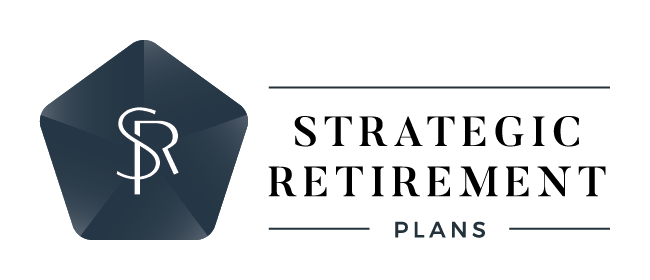For months, the media has focused on the fiscal cliff—those sweeping tax increases and spending cuts that are due to go into effect on January 1, 2013, unless Congress acts to change them. But that discussion shouldn’t overshadow positive developments in the U.S., nor should it stop you from making improvements to your financial health in 2013.
Consumer markets look good
Consumer sentiment is as high as it has been since 2007; this can be attributed to three main areas:
- At 7.7 percent, as of November 2012, the unemployment rate is well below its peak, and analysts expect slow but steady increases in employment in 2013.
- Low borrowing rates have helped consumers reduce their obligations significantly, bringing debt to its lowest levelsince the start of the recession.
- Demand for houses has risen, resulting in increased prices and leading both sellers and buyers to take action. Demand should stay high if the Federal Reserve continues its bond-buying program, which will keep mortgage rates low.
Uncertainty abroad
Although there are signs of optimism on the home front, international concerns could spill over into our economy in 2013:
- A continued rebound in the euro could signal a potential end to the European debt crisis.
- It remains to be seen whether or not Spain will be too proud to accept the European Central Bank’s offer to buy its bonds.
- Elections in Germany and Italy in 2013 are expected to have a significant impact on the future of the eurozone.
- A current feud between China and Japan over ownership of several islands could restrain growth in this booming region.
- The yen is also very weak.
Your personal financial health
Macroeconomic issues like these are beyond our control, and we often have to accept a degree of uncertainty when it comes to the financial outlook both at home and abroad. But you shouldn’t leave your personal financial future to chance. You can make positive adjustments like these to help ensure that you are better prepared for whatever the future might bring:
- Pay down debt. Start with credit cards that have the highest interest rates, and always pay more than the monthly minimum.
- Increase your savings. No matter what your goal is—maybe a vacation or an emergency fund—create a timeline and action strategy to help you get there.
- Develop a budget. Track your monthly and yearly expenditures so you can see exactly where your money goes—and how much discretionary income you have left to work with.
- Review your credit report. Everyone is entitled to one free report a year from Equifax, TransUnion, and Experian. Request yours at www.annualcreditreport.com.
- Assess life changes. Review your insurance coverage, retirement plan, will, and estate plan to ensure that they continue to meet your needs.
- Protect your identity. Review statements for suspicious activity, avoid using your social security number, make online purchases only on secure websites (which have addresses that begin with https), and don’t open e-mails from unknown senders.
- Further your financial knowledge. There are countless websites, TV shows, and books that can help you learn more about personal finance.
No matter what 2013 brings, your financial advisor can help navigate your way to your goals. Please do not hesitate to contact our office with any questions you may have. Most important, best wishes for a happy and healthy New Year!


